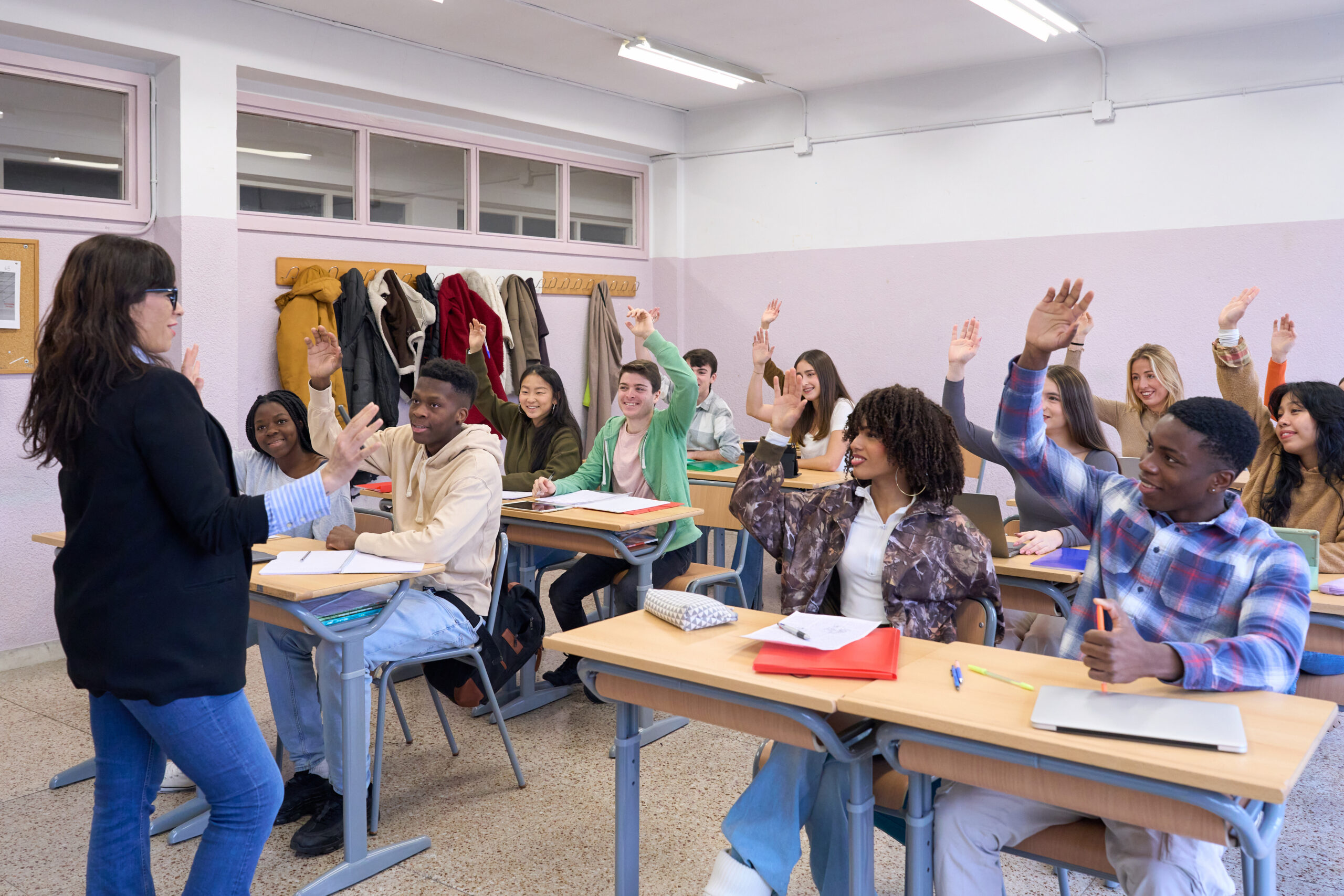Last week, we kicked off Sexual Assault Awareness Month. This week, we’re talking about teaching and learning. We share how sex education can help us stay safe.
What Is Sex Education?
Sex education can include many things. You can learn about your body and your feelings. You can learn how to have healthy relationships. You can learn about friendship, dating, and consent. For people with intellectual and developmental disabilities (IDD), it is very important. The more people know, the easier it is to stay safe. But many students with IDD are left out. One study found that only 23% of them get sex education in school. That means most are not learning how to stay safe or ask for help.
Families and professionals also need to learn. Many believe wrong ideas about IDD, relationships, and sexuality. Some think people with IDD don’t need to learn about sex and safety. But that’s a dangerous belief. Everyone needs to learn how to stay safe.
Learn by Listening
A big part of learning is listening to people with IDD. They are the experts in their own lives. We can’t just make rules for them or tell them what to think. We need to ask what they need. And we must listen when they tell us. James Meadours says this in a powerful new video. He reminds us not to speak for people with IDD. We must let them speak for themselves.
You can hear from James and others on Seen and Heard: IDD Community. It is a powerful way to teach and learn about relationships, sexuality, and safety. It contains nearly 50 videos of self-advocates. They speak in their own voices about what’s important to them. These stories help us learn to listen better and support people the right way. They are organized into playlists by topic.
Sex Education Strategies
Talking about sexuality isn’t easy. It’s uncomfortable and can even be a bit scary. But it’s something we must do. There are some ways to make it easier. Having questions and answers ready ahead of time can help. Role-plays are fun and make learning less stressful. Visuals like checklists are also great learning tools.
We have created toolkits for self-advocates, families, teachers, and service providers. They connect our videos with activities. They include discussion guides, role play scripts, and checklists. They take some of the guesswork out of teaching about sexuality.
Start Teaching and Learning!
Teaching and learning is important all year long, not just during Sexual Assault Awareness Month. Check out these free resources.
- Watch and subscribe to the Seen & Heard: IDD Community YouTube channel.
- Download the free toolkits from our Resources page.
We must teach and learn about sexuality, even if it is hard to do. Knowledge helps us all stay safe and build healthy relationships. This will help stop abuse before it happens.

